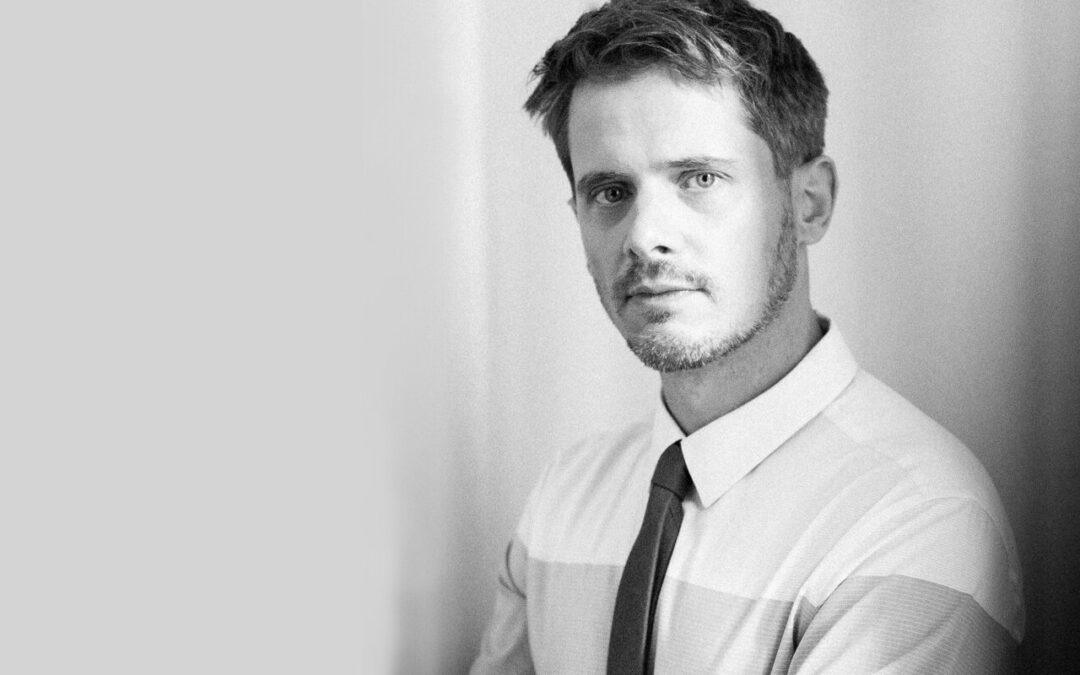(Composer Gregory Spears)
By Jeff Maisey
Virginia Chorale will conclude its 40th season with the world premiere of “The Neighboring Village,” a vocal composition it commissioned from Virginia Beach native Gregory Spears.
The new song is the highlight on a program featuring vocal works from composers with a connection to Virginia, including former Virginia Opera composer Thea Musgrave and others.
In advance of the two concerts (April 20 at Galilee Episcopal Church and April 21 at Royster Memorial Presbyterian Church), I caught up with VA Chorale executive director Chuck Woodward for details.
Has it been a common practice of Virginia Chorale to commission a new work or is this a special occasion to mark the Chorale’s 40th anniversary?
This work is a special commission for the Chorale’s 40th Anniversary Season.
How did you decide upon composer Gregory Spears?
Through a process of considering the scope of our composition, by collecting names of composers whose compositional style would be a good fit with the Chorale, and by examining their compositions, especially choral and vocal settings. This process took about a year. Gregory Spears’ music has been described as blending “aspects of Baroque style, minimalism, and romanticism to create a distinctive sound.” For an ensemble whose roots were in early music (Renaissance and Baroque), and which is now well-known for its beautiful, elegant sound and expertise with contemporary music, Gregory proved to be the perfect fit for the Virginia Chorale and this project.
What guidelines — such as style, length, number of voices — if any did you provide Gregory Spears?
We asked for a work of 12-15 minutes (it’s coming in at 13); scored for an ensemble of 22-26 singers (we have 23), and set to a text that would offer broad appeal to other professional choral ensembles.
Can you share any details about the new song?
The composition is titled “The Neighboring Village.” It is set to a short story by Franz Kafka in a new English translation by Alexander Rehding. The chorus is joined by two recorder players. Here are a few sentences from Gregory’s program notes:
“THE NEIGHBORING VILLAGE consists of three-and-a-half settings of a two-sentence short story by Franz Kafka, and a musical enactment of the telescoping of time that the story describes. The first setting is one minute in length. Setting two is twice as long at two minutes. Setting three is twice as long as that at four minutes. Setting four is slower still. It would be eight minutes if allowed to continue at the pace set, but ends mid-sentence, only half-way through the text.
As narrative becomes less taut in each setting, the story’s meaning is expressed more purely through form — the short journey/story becomes, in these settings, increasingly eternal — the destination of the village receding farther and farther into the distance. The final setting is just partial, as at that point we can imagine the process of telescoping continuing into infinity.”
Since it is a commissioned work, who owns the publishing and songwriting rights to the piece?
Schott Music.
Will the concert be recorded live or will you record a “studio” version?
It will be recorded live.
Both the Virginia Symphony Orchestra and Virginia Arts Festival have started commissioning new works of classical music and opera. How important is it for performing arts groups to keep their art forms moving forward in this way?
For a performing arts organization, programming contemporary music is vital to moving forward and to staying relevant for today’s audiences. For years now, Virginia Chorale patrons have been enthusiastically receptive to hearing new music, so to have a bespoke work written for the ensemble is exciting for our singers and patrons alike. When undertaking a commissioning project, an ensemble has the opportunity to address issues of place and time, to support composers and emerging trends in composition, to create new repertoire for choruses, opera companies, or symphonies around the world, and to join in the historical continuum of sponsoring works of art that will move the art form forward and affect the lives of its listeners.




